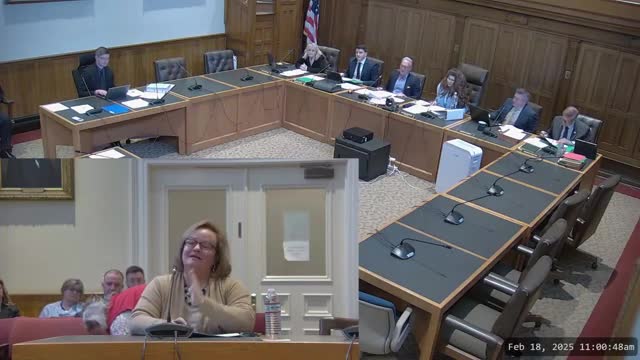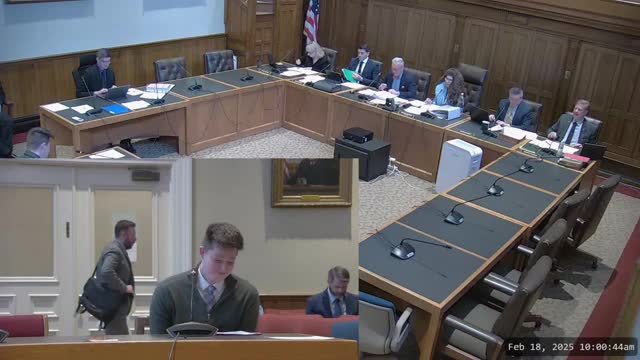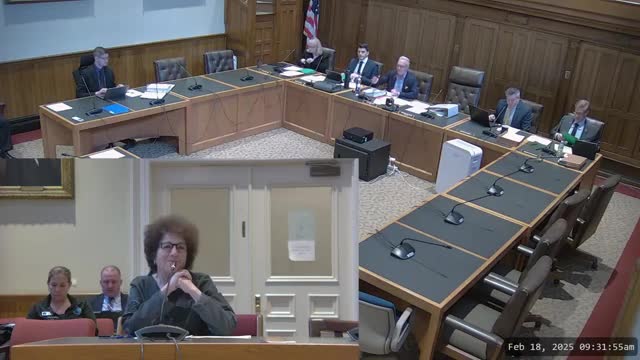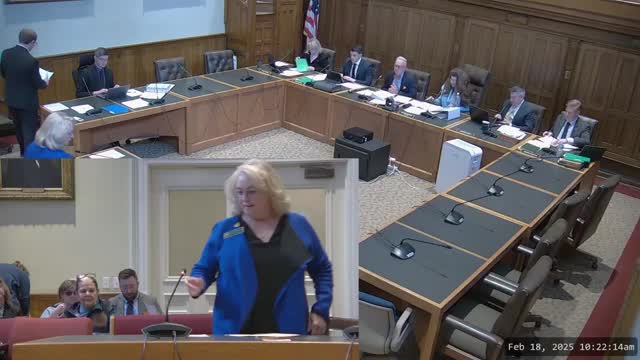Article not found
This article is no longer available. But don't worry—we've gathered other articles that discuss the same topic.

Sponsor seeks to extend non‑compete ban to advanced practice registered nurses to support care access

E‑Verify bill draws divided business and chamber concerns; Labor Department neutral but flags enforcement steps

Bill would require employers to notify workers on long-term comp about potential repayment obligations

Senate hearing on raising state minimum wage to $15 draws testimony from workers, faith leaders and employers

